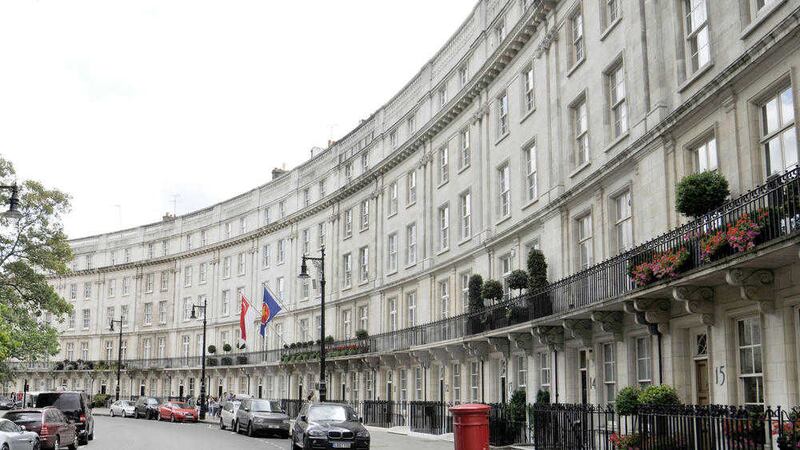MANY of the arguments regarding the EU referendum next month are focused on the financial impact of leaving, whether as a country or as individuals.
The prospect of losing out financially always tends to grab our attention, and a recent Treasury report put the cost at £4,300 per household, as a result of our economy being 6 per cent smaller by 2030.
But don’t expect any definitive answers from your independent financial adviser about the consequences of an 'out' vote, because if the Chancellor or Bank of England governors can’t answer with any certainty, what chance do the rest of us have?
If the status quo is maintained and the UK stays in, little will change, good or bad. But being outside the European community is uncharted territory.
Historically, the countries of Europe have had little in common and have often been at war; at various times, we have been allies and enemies of nearly all of them. Two World Wars convinced many that a united Europe would prevent a third!
Unfortunately the EU has become more about government and the euro than trade and working together. The UK is not the only country annoyed about the way Brussels (and Strasburg) impinges on its sovereignty.
Those supporting the claim that the UK is better off in Europe, like President Obama, are doing so because staying in means the status quo will be maintained and politicians will not have to deal with an unfamiliar scenario.
That’s why nobody is quite sure what is going to happen on June 23 and in the days, weeks, months and years that follow; and there is little advantage in trying to second-guess the outcome.
What you can be sure of is that any financial problems that appear during the rest of this year will be blamed on the no vote, if that’s the outcome.
If there is to be a 'crash' or a correction, many experts believe that it could be in the housing market, which has shown great resilience and recovery after the problems created by the 2008 banking crisis.
For those of us not familiar with tax havens and overseas trusts, bricks and mortar have been just about the only investment that have remained immune from the effects of the recession, and not even those in some parts of the UK.
Even those with property in the finer parts of London are worried about a no vote. The mere fact the referendum is taking place is affecting the demand for Belgravia mansions, according to the Duke of Westminster’s land agent.
Recent Bank of England minutes highlighted a striking 40 per cent fall in spending in the first three months of 2016. Over the same period, spending on commercial property in the UK fell from £18.6bn to £10.1bn.
Yet there is also evidence to show that George Osborne rather than the referendum is behind the slump in the prices of the very best London homes.
Last year, prices in Kensington & Chelsea and Westminster fell by almost 15 per cent; more crucially for the market, properties have not been selling, even when they have been reduced.
A £10m tag for a luxury home may be well out of normal reach, but it’s about the going rate in the finer streets of London. Before you reach for the chequebook or credit card, do the stamp duty sums first.
If it is going to be your main home, that £10m will mean a stamp duty bill of an additional £1.2m (12 per cent) – or £1.5m if it’s not your main residence.
The rise in stamp duty was Osborne’s answer to Labour’s threat of a “mansion tax”. It may have backfired. Stamp duty is clearly an effective tool. Having seen the negative impact it can have on the property market, perhaps the chancellor should start using it in a positive way.
Whatever the future holds for Europe and the UK in or out planning and informed decision making will be key to consumers financial future and wellbeing.
:: Darren McKeever (dmckeever@wwfp.net) is Northern Ireland adviser of Worldwide Financial Planning, which is authorised and regulated by the Financial Services Authority. For a free, no-obligation initial chat about your individual finances, call 028 6863 2692, email info@wwfp.net or click on www.wwfp.net. Follow us on Twitter: @WorldwideFP.








